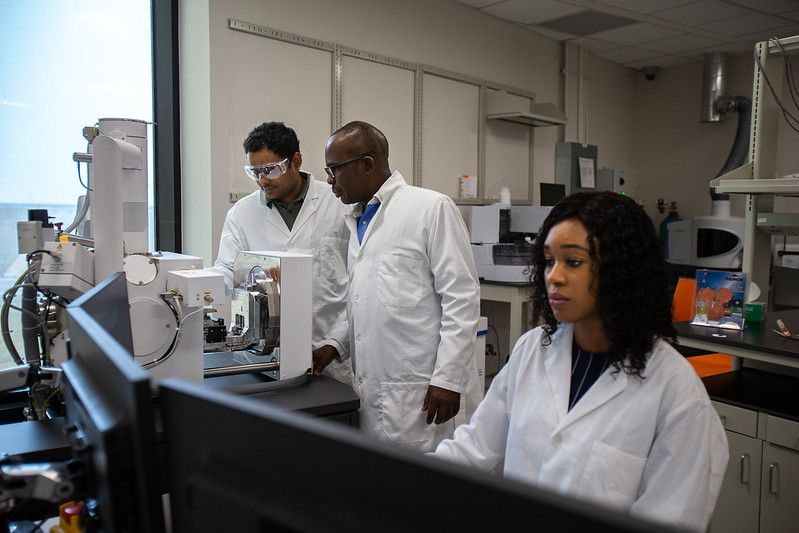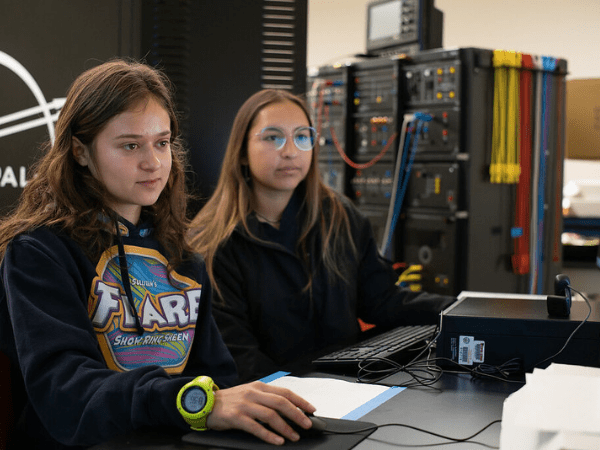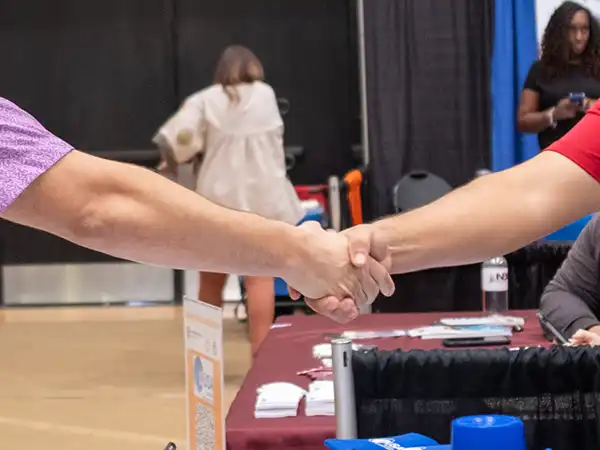The University of Texas Permian Basin College of Engineering professor Dr. Bibian Ogbuji has an important message for women considering entering the engineering field: women are engineers, too. Professor Ogbuji shared her thoughts below on working in a male-dominated industry and how she’s ready for stereotypes in the STEM field to be broken.
As a female engineer, what inspired you to pursue the engineering field?
I became interested in science, technology, engineering, and mathematics (STEM) during my years in high school. I took a computer science/engineering class and felt an overwhelming sense of satisfaction. I am among the early generation with computer labs in schools. In 12th grade, I realized that the technical skills gained could become a potential career pathway. The opportunity to combine math and engineering principles with technology to improve and advance the rapidly growing Internet space was fascinating. A STEM degree has excellent career prospects, and I find it interesting to develop a real-world application from a design idea to the implementation stage using technology. Science and engineering is a broad field with vast diversity, such as having practical, theoretical, and management aspects. I looked forward to the possibility of making a difference in the world through technology.
 Why do you think engineering degree programs have a difficult time attracting more women engineers to their programs?
Why do you think engineering degree programs have a difficult time attracting more women engineers to their programs?
Engineering is the most male-dominated field in STEM. The women working in engineering occupations make up only 15% of the workforce and 27% in STEM, in the US, it may be the most skewed profession. For many years, educators have focused on curriculum reform that promotes girls’ interest in math and science to attract more women to the field. While these efforts have brought in young girls, there are still some challenges in the high schools’ approach, such as; limited career information/exposure, lack of advice from school counselors on engineering careers, and inadequate University engineering programs information. Like most people, mine was a case of I like problem solving, math, and science; hence, I would be good in STEM. Perhaps young girls nursing the idea of pursuing an engineering degree could be negatively affected by the lack of exposure to engineering-related courses, information, and career options. A career development center in high schools would be tremendously valuable in providing various career options and opportunities.
What would you say to encourage the interest of girls in engineering?
There are two types of beliefs that discourage girls from pursuing engineering degrees: (i) a stereotype about their intellectual abilities and (ii) stereotypes about the people who work in STEM careers as being socially awkward or “nerds.” First, I will begin with combating the stereotype about gender and intellect by discussing a growth mindset. I will encourage girls to believe that their abilities can be developed instead of static. Be respective to changing their perspective on the stereotypical assumption that girls lack the innate ability needed for a successful engineering career. Secondly, there seems to be a misconception about people working in engineering and STEM in general. A stereotype of scientists being eccentric, geeky, obsessive, and detached from reality. Bringing down these barriers will encourage girls to think of themselves as capable and develop the confidence to pursue progressive goals. Finally, introducing girls to female role models in engineering can help them feel empowered, thereby providing some history lessons of influential female engineers who have impacted the world significantly. An example that comes to mind is Katherine Johnson - a mathematician; Dorothy Vaughan – a mathematician and a human-computer; and Mary Jackson – a mathematician and an aerospace engineer. These women worked at the National Aeronautics and Space Administration (NASA). They were instrumental during the Space Race of the 20th century between the United States and the Soviet Union to achieve superior spaceflight capability. Their stunning achievement restored the nation’s confidence. In encouraging young girls, representation is vital.

Why is UT Permian Basin a great place to earn your engineering degree?
UT Permian Basin is uniquely positioned in a community of solid engineering influence. Starting with the vibrant oil and gas industry through to the design, build, and application of heavy-duty machinery. The opportunity for a university to be at the center of it all is a rare privilege that offers the students a theoretical approach to engineering and a dynamic hands-on experience. UT Permian Basin provides high-quality undergraduate and graduate degrees. The College of Engineering has an impressive industry contribution that provides students vast opportunities to conduct research and see results implemented by industry professionals. In 2019, UT Permian Basin College of Engineering recorded a 100% passing rate for Fundamental Engineering exams. In the same year, our Engineering program was ranked #1 by the US News and Worlds for highest paid Petroleum Engineering Graduates. Most recently, the Engineering program was ranked #1 for the most affordable Engineering School in Texas, 2021. These achievements are a testament to scholarly teaching excellence and the determination to advance West Texas's economic, technological, and energy developments across the nation.




